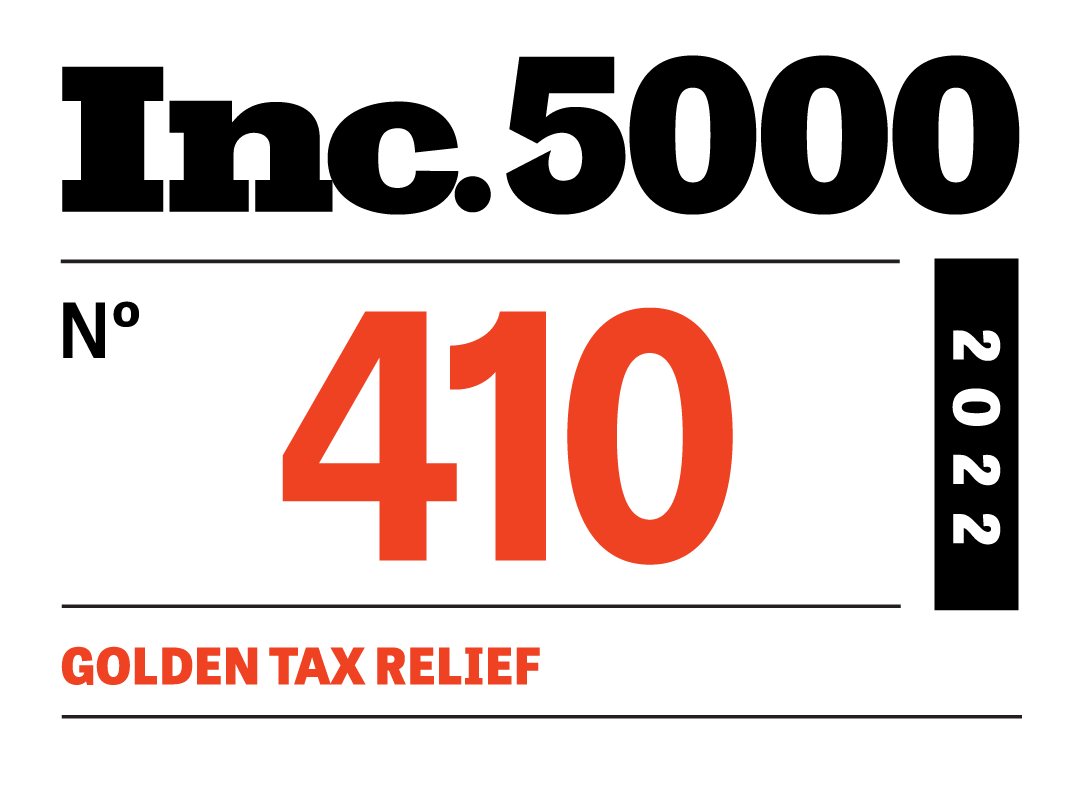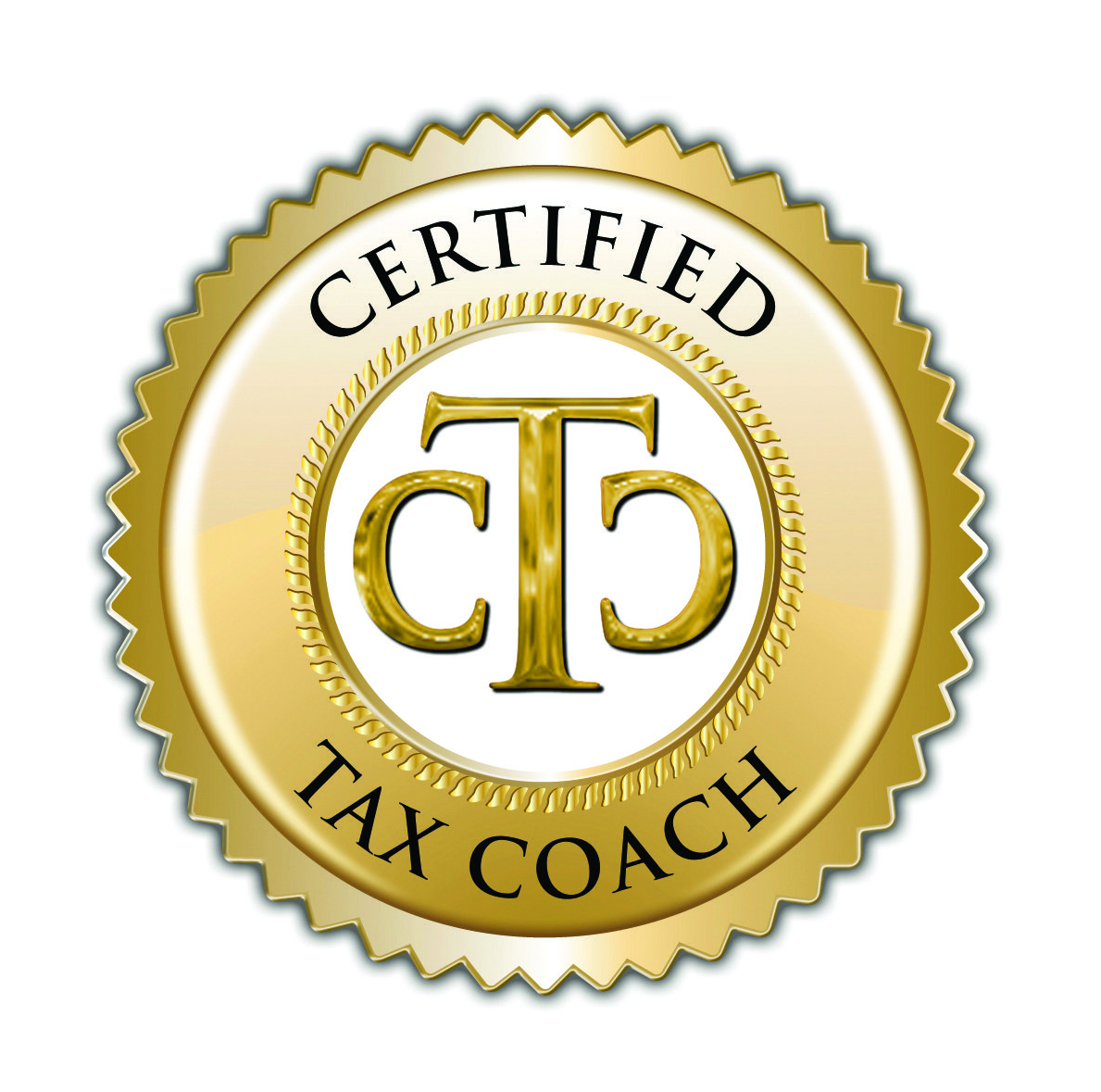Ranked in Top 500 Fastest Growing Companies in The USA

Deduct 100 Percent of Your Employee Recreation and Parties

When you know the rules, you can party with your employees and deduct 100 percent of the cost.
The IRS says that the following types of entertainment qualify for the 100 percent employee entertainment tax deduction:
- Holiday parties, annual picnics, and summer outings
- Maintaining a swimming pool, baseball diamond, bowling alley, or golf course
The IRS makes it clear that the above are examples, and that other types of entertainment may also qualify for the 100 percent entertainment deduction. The tax code states that “expenses for recreational, social, or similar activities (including facilities therefor) primarily for the benefit of employees” qualify for the 100 percent deduction.
Who Are These Employees?
Technically, the law requires that the entertainment expenses be primarily for the benefit of employees other than a “tainted group.” The tainted group consists of
- highly compensated employees (employees who are paid more than $130,000 in 2021);
- anyone, including you, who owns at least a 10 percent interest in your business (this is called a “10 percent owner”); or
- any members of the families of 10 percent owners, i.e., brothers and sisters (including half-brothers and half-sisters); spouses; ancestors (parents, grandparents, etc.); and lineal descendants (children, grandchildren, etc., including adoptees).
As the business owner, you belong to the tainted group. That’s not a big deal. You just need to make sure that partyingwith the employees is primarily for the benefit of the employees.
“Primary” Means “More Than 50 Percent”
In tax law, the words “primary” and “primarily” mean “more than 50 percent.” For employee recreation, that means the untainted group of employees has to account for more than 50 percent of the use of the entertainment facility, or in the case of a party, a majority of the attendees must come from the untainted employee group.
Documentation tip. You can measure “primary” by days of use, time of use, number of employees, or any other reasonable method. Regardless of how you measure use, the keys to your deductions are the records that prove the uses.












